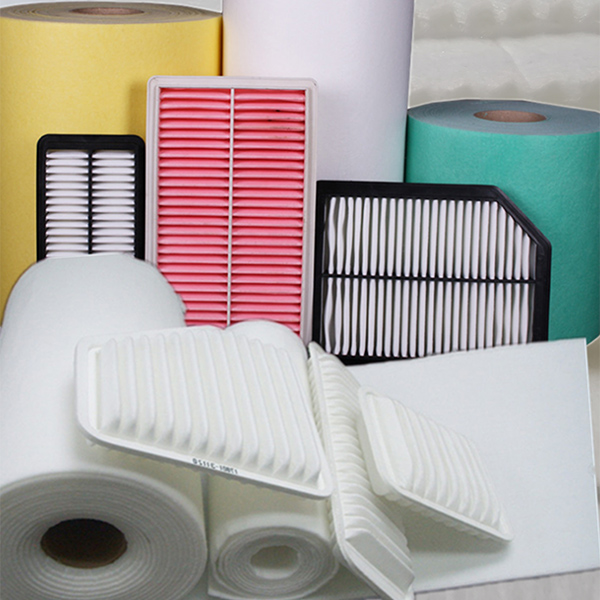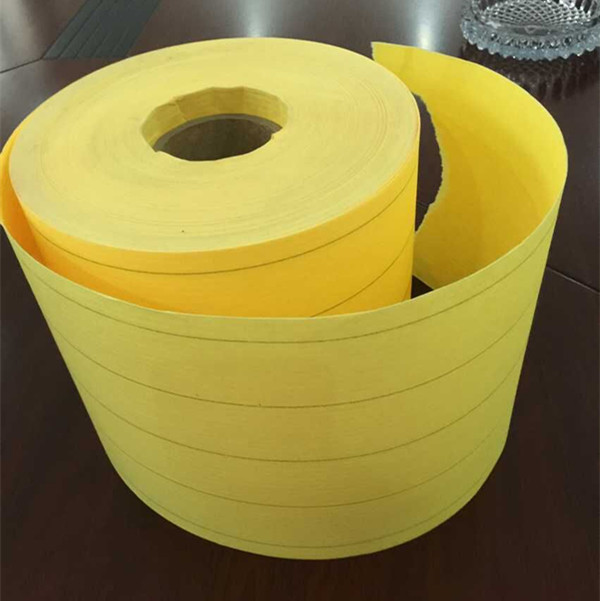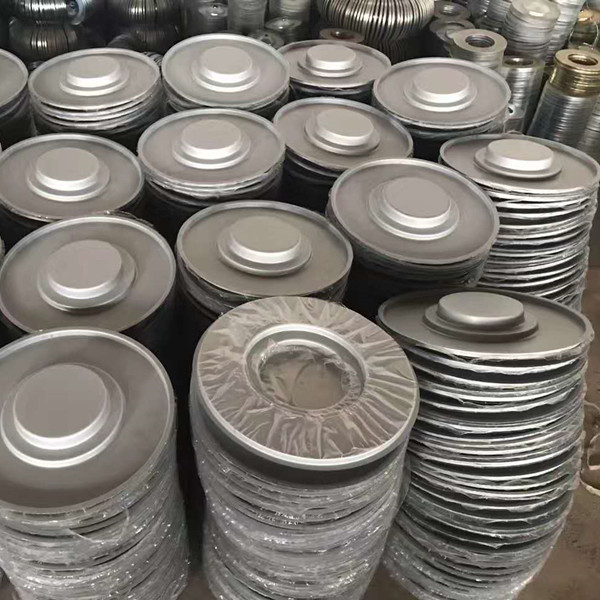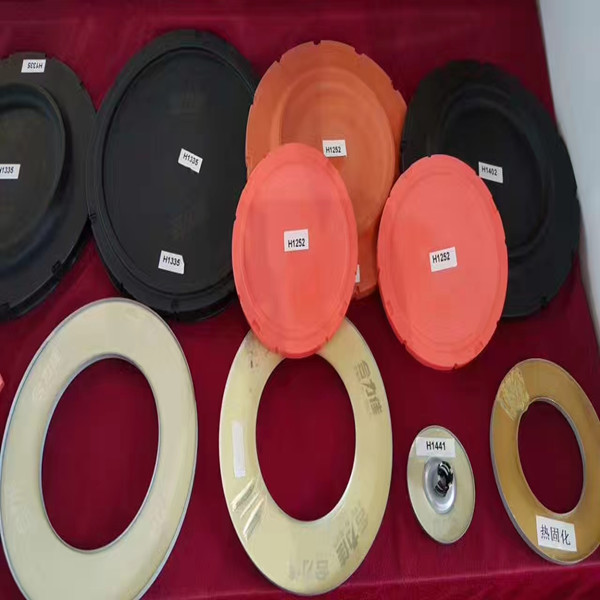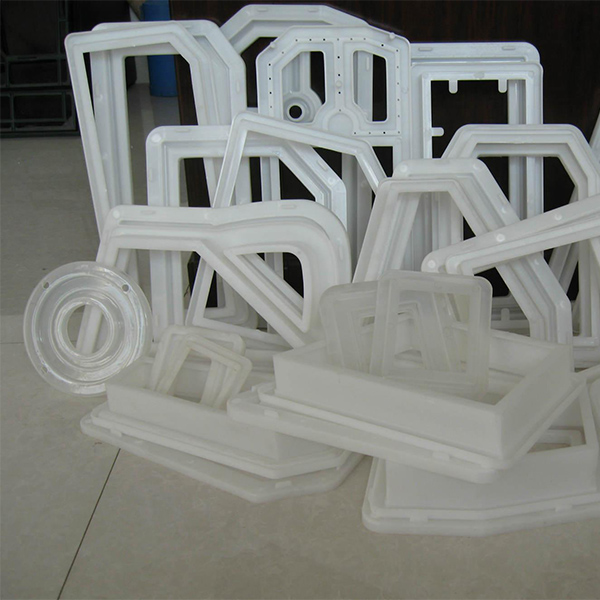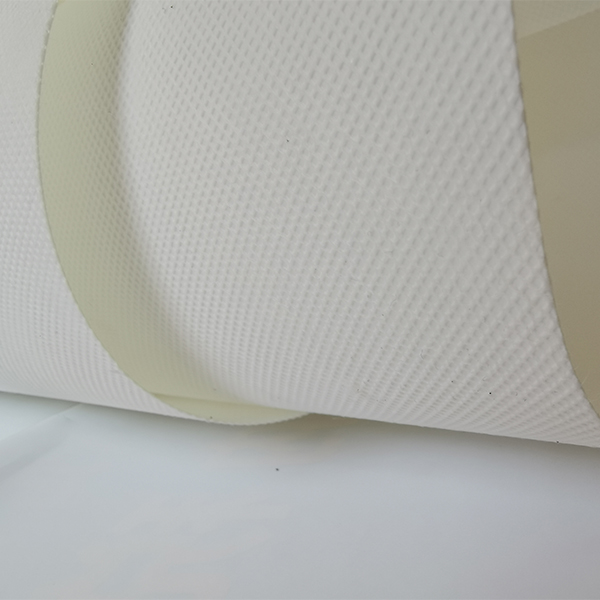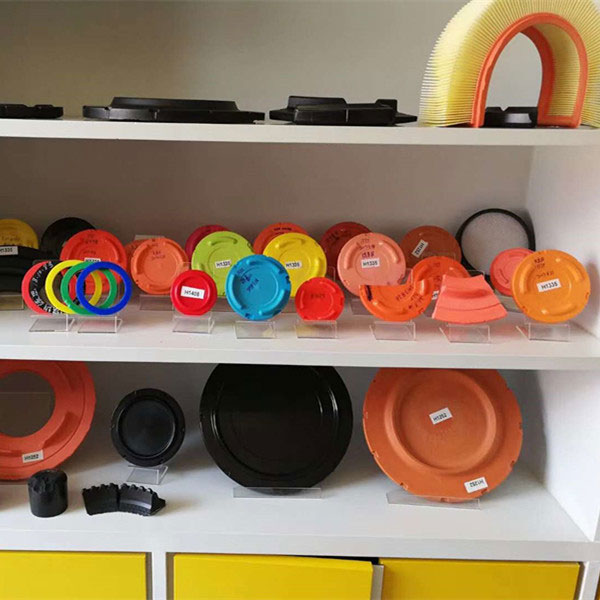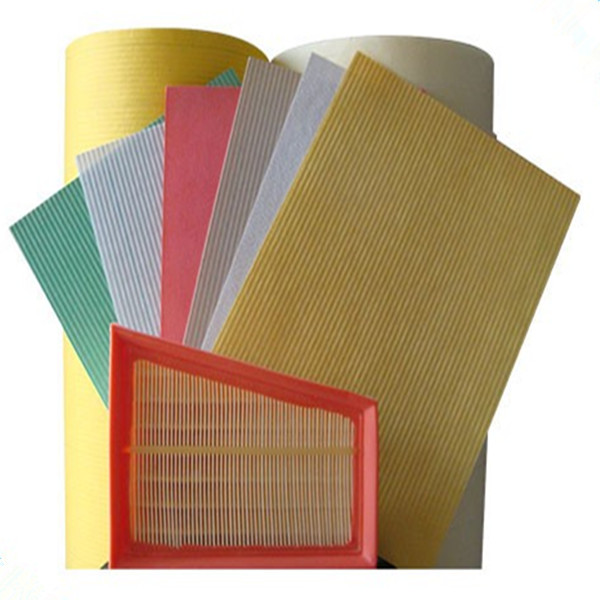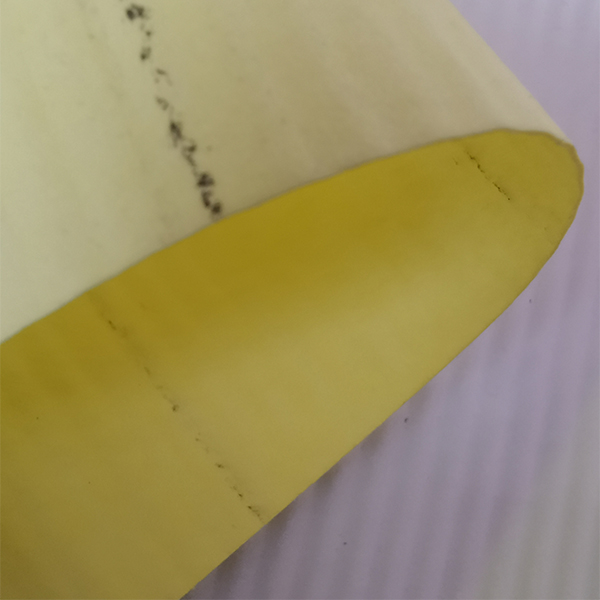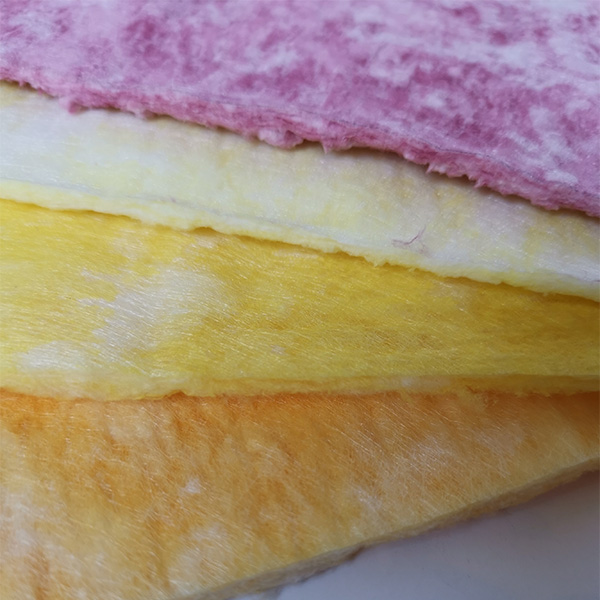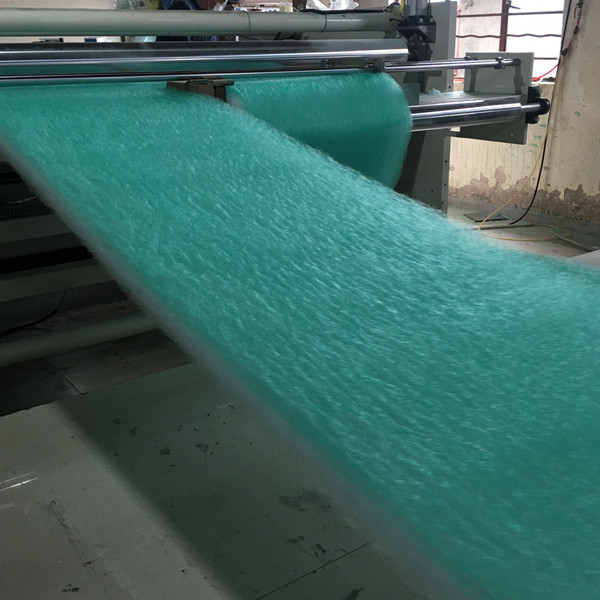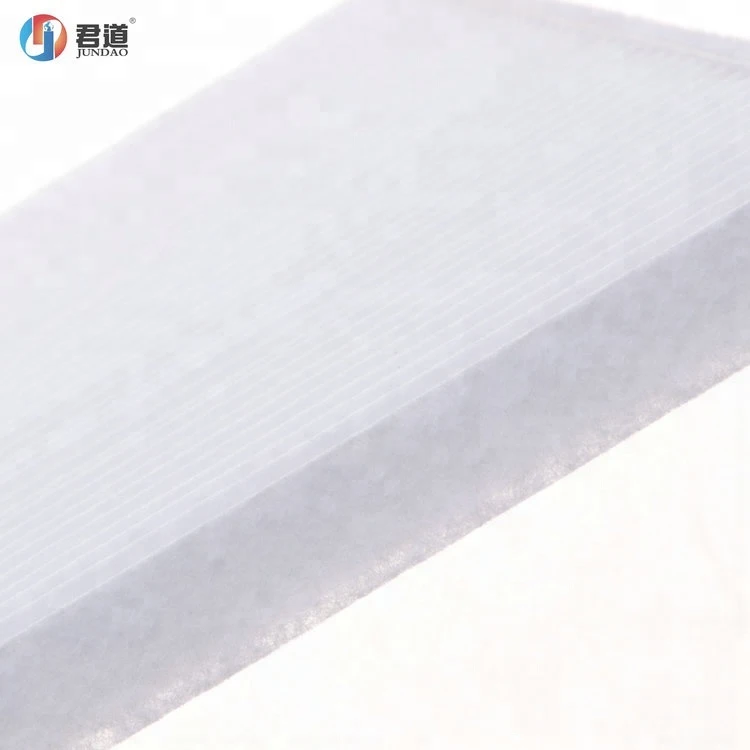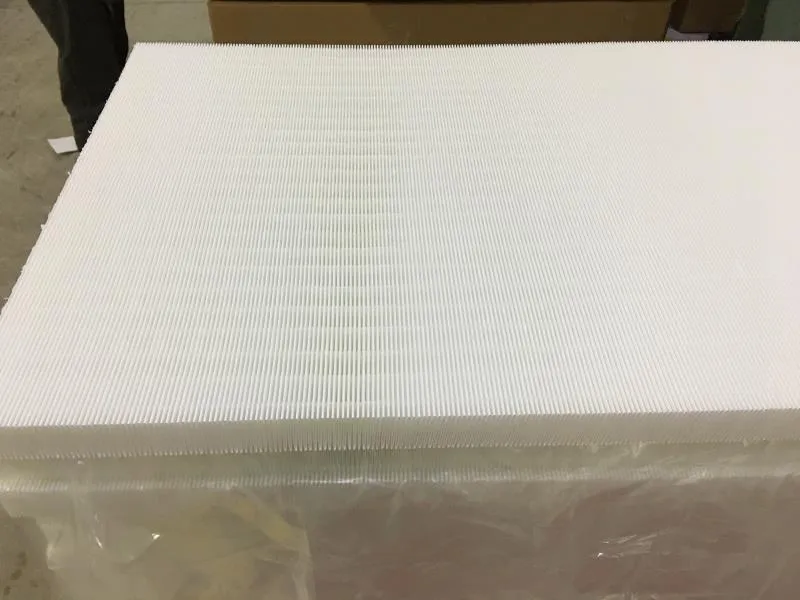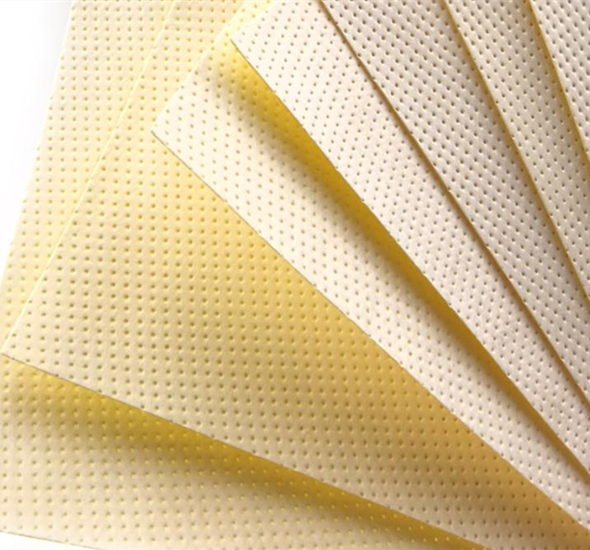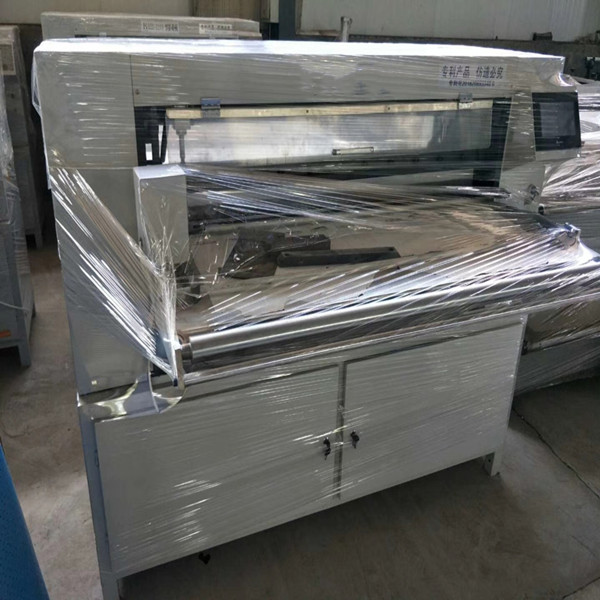- Introduction to custom metal mesh filters
: definition, relevance, and market trends - Technical strengths and performance benchmarks of metal mesh filters
- Comparative analysis of major manufacturers: specifications and selection criteria
- Exploring customization options: materials, sizes, and integration
- Application case studies: air filtration and dust collection systems
- Cost-effectiveness and durability analysis of custom dust collector bags and mesh filters
- Conclusion: The future of custom metal mesh filters in industrial air filtration
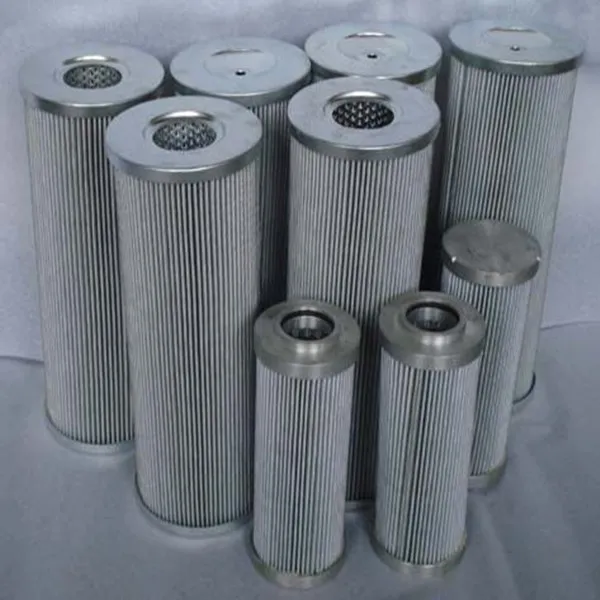
(custom metal mesh filters)
Introduction to Custom Metal Mesh Filters
Custom metal mesh filters are specialized filtration components engineered to suit a wide range of industrial and commercial applications. With increasing demand for higher air quality and stricter environmental regulations, businesses are seeking advanced solutions for filtering particulate matter and contaminants. This has positioned custom metal mesh filters as critical assets in multiple industries, including HVAC, pharmaceuticals, manufacturing, food processing, and more. These filters are designed with precision weave patterns, widespread media compatibility, and adaptability to unique system specifications.
According to a 2023 industry survey, the global market for metal mesh air filters is anticipated to grow by 7.1% CAGR through 2027, primarily driven by increased investments in sustainable air management systems and customized industrial filtration. This growth is also influenced by advancements in material science, which enable superior durability and corrosion resistance, vital for sectors dealing with harsh environmental conditions or high moisture levels.
Technical Strengths and Performance Benchmarks
Metal mesh filters stand out for their mechanical strength, reusability, and high filtration efficiency. Unlike standard synthetic filters, their construction—typically from stainless steel, aluminum, or galvanized steel—provides resistance to extreme temperatures and aggressive chemicals. This technical advantage not only extends the lifespan of each filter but also preserves structural integrity under variable operating conditions.
Key technical metrics include particle retention rates, pressure drop values, airflow rates, and ease of cleaning. For instance, modern multi-layer mesh filters can achieve up to 98.5% particulate capture efficiency for particles as small as 5 microns, while maintaining a low initial pressure drop of < 25 Pa at recommended airflow velocities. Routine maintenance intervals are significantly stretched due to robust media that withstand frequent washing or backflushing, making them ideal for environments with fluctuating particulate loads.
Manufacturer Comparison: Specifications and Selection Criteria
Selecting the ideal metal mesh filter or custom dust collector bag requires a comparative evaluation of manufacturers based on product features, certifications, scalability, and after-sales support. The table below compares leading global suppliers on key parameters:
| Manufacturer | Max Temp (°C) | Particle Filtration (µm) | Material Options | Compliance | Customization Lead Time (days) |
|---|---|---|---|---|---|
| FilterTech Solutions | 350 | 3-300 | SS304, SS316, Al | UL, ISO 9001 | 15 |
| ProMesh Filtration | 400 | 1-250 | SS304, Galv Steel | RoHS, UL | 12 |
| AirGuard Industries | 320 | 5-350 | Al, SS316 | ISO 14001, UL | 18 |
| EnviroMesh Corp. | 380 | 2-200 | SS304, Phosphor Bronze | ISO 9001, RoHS | 21 |
The choice of manufacturer should align with the system’s operating temperature, target particle range, compliance needs, and turnaround requirements. Notably, most renowned firms offer custom design consultations and rapid prototyping to help customers optimize their air filtration and dust control systems.
Customization Options: Materials, Sizes, and System Integration
One of the core strengths of custom metal mesh filters lies in the flexibility of their design. Customization begins with the selection of appropriate mesh materials, ranging from stainless steels for corrosive resistance to aluminum for lightweight needs. Micron ratings, mesh weave (plain, twilled, Dutch weave), thickness, and frame geometry can be tailored to meet unique application constraints.
Furthermore, integration with existing air handling units or dust collection bags is simplified through custom gasketing, mounting flanges, and modular linkage features. For businesses seeking hybrid solutions, custom dust collector bags can incorporate metal mesh panels for pre-filtration, thereby reducing main filter loading and maintenance. System integration details—such as airflow direction, pressure drop targets, and automatic cleaning mechanisms—are defined in collaboration with filtration engineers to ensure optimal performance and operational continuity.
Digital design tools and rapid prototyping technologies enable fast visualization, simulation, and adjustment of the filtration components, translating into shorter project cycles and a tailored fit for every application.
Case Studies: Air Filtration and Dust Collection Applications
Custom metal mesh filters have proven indispensable across a spectrum of demanding environments. In power generation plants, high-capacity metal mesh filters replaced legacy synthetic mats, reducing filter replacement frequency by 50% and lowering total maintenance hours by 35%. Manufacturing facilities processing fine powders report that multi-layer stainless steel mesh filters significantly curbed particulate emissions, achieving compliance with OSHA standards and reducing airborne dust levels by over 80%.
In the food and beverage sector, custom dust collector bags combined with integrated metal mesh pre-filters demonstrated maximum efficiency during continuous operation. A leading dairy processor noted a reduction in filter clogging incidents by 62%, enhancing production uptime. Similarly, pharmaceutical cleanroom operations utilizing custom configurations realized improved air purity indices and minimized the risk of cross-contamination due to the reliable, washable Mesh components.
These success stories highlight how tailored solutions address the specific challenges of distinct sectors while supporting sustainability objectives and regulatory compliance.
Cost-Effectiveness and Longevity of Mesh Filters and Dust Collector Bags
When compared to disposable alternatives, custom metal mesh filters and collector bags offer measurable long-term savings. Although the initial investment may be higher, the typical lifespan of a quality mesh filter exceeds 10 years with routine maintenance, whereas disposable filters usually require replacement every 3-6 months.
A cost analysis conducted by independent engineers in 2022 found that factories using metal mesh filters realized up to 30% reduction in total cost of ownership over a five-year period compared to those employing throw-away filters. Maintenance intervals stretched from monthly to bi-annual in many instances, directly reducing labor, procurement, and waste disposal costs.
Environmental benefits also abound, with reusable filters substantially lowering landfill contributions. The ruggedness of metal mesh enables steam cleaning, high-pressure washing, or chemical cleaning without damage, further furthering the return on investment. Custom dust collector bags designed with embedded mesh layers extend service life and strengthen dust retention capabilities, ensuring a cleaner and healthier facility environment.
Conclusion: The Future of Custom Metal Mesh Filters in Industrial Air Filtration
Custom metal mesh filters have become an integral asset across industries where dependable air filtration and dust collection are non-negotiable. Superior material engineering, advanced customization capabilities, and measurable performance improvements over standard solutions position these filters as premier choices for organizations intent on maintaining air quality, equipment health, and cost efficiency.
Market projections signal a further surge in adoption, particularly as sectors increasingly prioritize sustainable practices and operational resilience. The data-driven case for custom metal mesh filters—supported by advances in design and manufacturing, demonstrable application results, and evolving compliance requirements—establishes them as key to the future of industrial air management and dust mitigation.
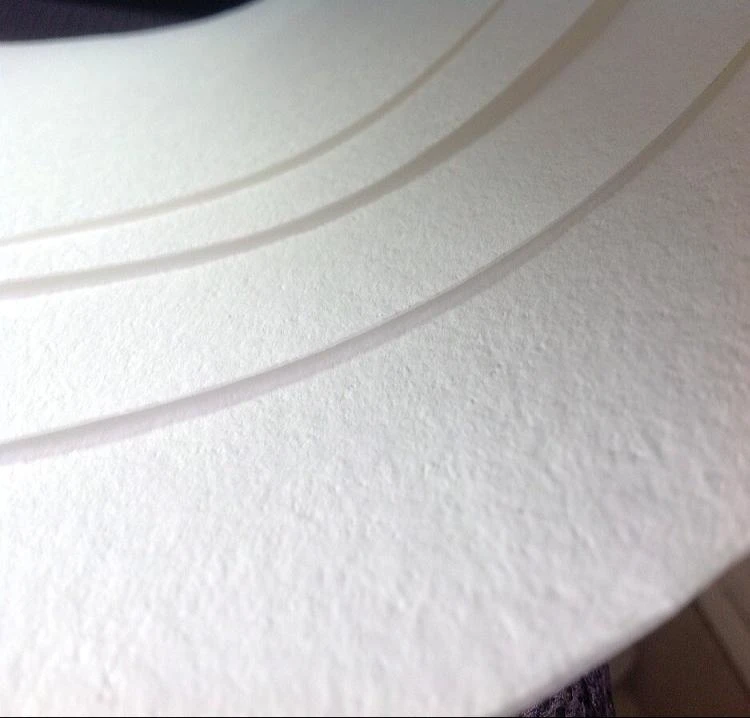
(custom metal mesh filters)
FAQS on custom metal mesh filters
Q: What are custom metal mesh filters and their applications?
A: Custom metal mesh filters are tailor-made filtration solutions designed using various metals for specific requirements. They are widely used in air filtration, industrial machinery, and HVAC systems. Their durability and customizability make them ideal for challenging environments.Q: How do metal mesh filters air filters improve indoor air quality?
A: Metal mesh air filters trap airborne contaminants such as dust, pollen, and debris. The mesh structure ensures efficient airflow while capturing particles. This helps maintain cleaner air inside homes and industrial facilities.Q: Can I order custom dust collector bags along with custom metal mesh filters?
A: Yes, many manufacturers offer both custom metal mesh filters and custom dust collector bags. These products can be tailored to fit your equipment and application needs. Ordering both ensures comprehensive filtration for your system.Q: How durable are custom metal mesh filters compared to standard filters?
A: Custom metal mesh filters are generally more durable than standard fabric or synthetic filters. They resist corrosion, withstand higher temperatures, and offer longer service life. This durability reduces replacement frequency and maintenance costs.Q: What information do I need to provide to get a quote for custom metal mesh filters?
A: You should provide details like required dimensions, mesh type, filtration rating, and operating environment. Supplying application specifics helps manufacturers recommend the best solution. Accurate information ensures you get filters suited to your needs.Post time: जुलाई-08-2025

